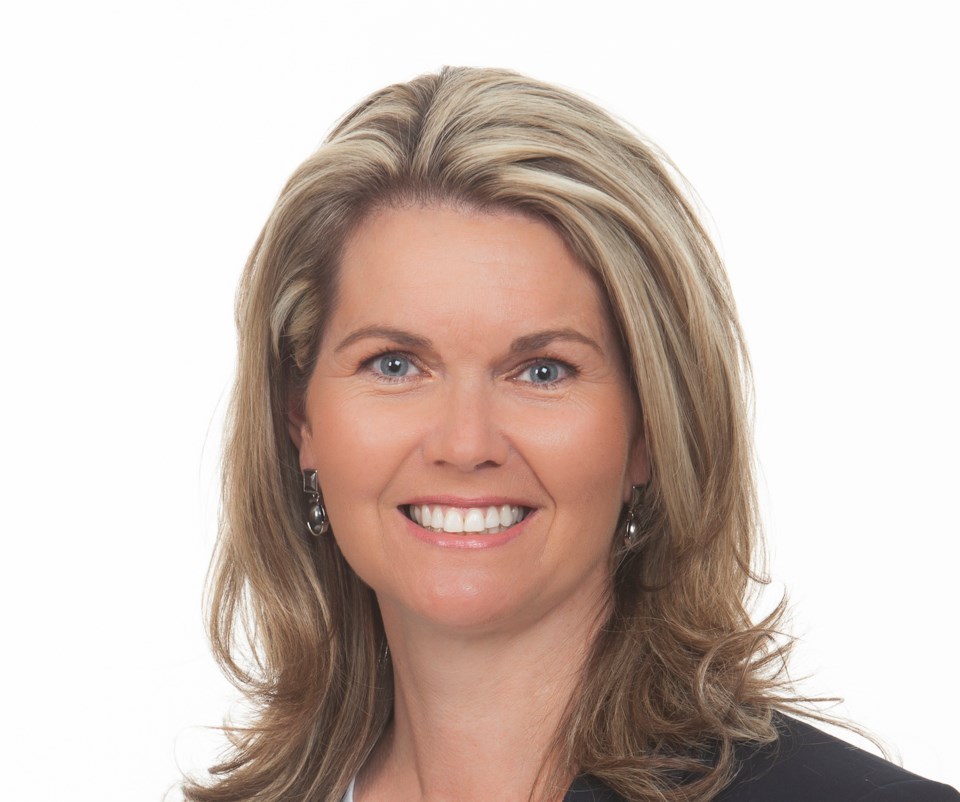After about a month on the job, Simcoe North MPP Jill Dunlop is settling into her new role as minister of colleges and universities.
The former associate minister of children and women’s issues has taken over for Ross Romano, who was moved to government and consumer services in a cabinet shuffle.
Dunlop has been touring colleges and universities and intends to continue doing so in an effort to learn more about the issues they face.
The workings of post-secondary institutions aren’t foreign to her, though. Prior to being elected MPP, she taught in Georgian College’s social service worker program.
“I think my understanding of the sector will go a long way,” she said. “I’ve been so excited to join this ministry and I think it’s a good fit, given my background in post-secondary education.”
Premier Doug Ford felt the same, referring to her as a “good fit” for the position when he called her to inform her of her new role.
“I was absolutely thrilled,” she said. “If he had asked me what I wanted to do, I would have said this ministry.”
Skilled trades have been among Dunlop’s main focuses since her election, and she plans to keep them as a priority.
There is an increased need for people to fill those jobs during the COVID-19 pandemic.
“It’s something I hear in my own riding and across the province, and our ministry has a huge role to play in that,” she said.
With so many jobs available — not only in the trades, but in a variety of sectors, including health care — “it’s a great opportunity for people who are looking at a second career,” she said.
The province’s investment in micro-credential training could also help, Dunlop said. The government announced in March it would provide Ontario Student Assistance Program funding for micro-credential programs, which run no longer than 12 weeks.
The province has announced its plans for a return to in-person learning at post-secondary schools in the fall, but Dunlop said her ministry will work to ensure resources are in place to allow for virtual learning to continue where needed.
“They like the hybrid model,” she said of students.
The province is not making it mandatory for students to be vaccinated before returning to school, but they’ll have to wear masks.
“We’re doing everything we can to encourage everyone to be vaccinated,” Dunlop said, adding she expects pop-up clinics to take place at some colleges and universities during the first week of school.
Many people and organizations will be keeping an eye on Dunlop and her performance in her new post.
After the cabinet shuffle, the Ontario Confederation of University Faculty Associations (OCUFA) sent a letter in which it laid out concerns it had with Romano when he was minister.
“Ford’s removal of Romano from his position as minister of colleges and universities follows months of community actions and pushback and calls for Minister Romano’s resignation by OCUFA and sector partners after over 60 programs were cut at Laurentian University as part of the CCAA (Companies’ Creditors Arrangement Act) process,” the group wrote. “Indigenous studies and Francophone programs were also terminated as a result of the CCAA process.”
That wasn’t OCUFA’s only grievance. It noted, “Minister Romano and the Ford government have imposed many unilateral, harmful, and controversial decisions ...” Some examples included “a substantial tuition fee cut and freeze without providing universities with a corresponding increase in funding” and “supporting the Canada Christian College’s efforts to call itself a ‘university’ and to award degrees in arts and sciences, despite its questionable academic credentials.”
“OCUFA hopes that Minister Dunlop’s approach to the sector will be different than that of her predecessor,” the group wrote.
Dunlop said she is reaching out to post-secondary school administrators, faculty members and students to show “that the government is a partner.”
She also said she was willing to have a conversation with OCUFA.
“I’m here to speak to all of our sector partners,” she said.



